As long as most of us can remember, the United Methodist Church has had a ban on gay and lesbian clergy members being ordained as ministers or appointed to other leadership roles. In the modern era, that led to a number of protests and internal divisions in the church, but the general conference of the United Methodist Church stood firm. They forbid "self-avowed practicing homosexuals" from holding such positions. That suddenly changed this week at the latest General Conference meeting, where almost without debate, the members voted overwhelmingly to repeal the ban by a margin of 692-51. This has sent something of a shock wave through various parts of the greater congregation, to say the least. The lifting of the ban will take effect at the end of the conference on Friday. (Associated Press)
United Methodist delegates repealed their church’s longstanding ban on LGBTQ clergy with no debate on Wednesday, removing a rule forbidding “self-avowed practicing homosexuals” from being ordained or appointed as ministers.
Delegates voted 692-51 at their General Conference — the first such legislative gathering in five years. That overwhelming margin contrasts sharply with the decades of controversy around the issue. Past General Conferences of the United Methodist Church had steadily reinforced the ban and related penalties amid debate and protests, but many of the conservatives who had previously upheld the ban have left the denomination in recent years, and this General Conference has moved in a solidly progressive direction.
Another measure struck a neutral tone on the subject of same-sex marriages. It forbids senior clergy from penalizing ministers for performing such ceremonies, but it also forbids them from penalizing any clergy members who declined to perform such a service. Also up for a vote is a change to the church's social guidelines that would remove language describing the “practice of homosexuality" as being "incompatible with Christian teaching." Marriage would now be defined as being between "two people of faith" rather than between "a man and a woman."
I'm familiar with these debates because United Methodist is the church that my wife and I belong to. We've never experienced these issues directly because we've never had an openly gay or lesbian person serving or trying to serve. (Well... at least that we know of. What people do in their private lives isn't always made public.) I've never personally had an issue with this, primarily because, similar to the rules for Catholic priests, you don't expect unmarried ministers to be engaging in sexual activity with anyone of either gender. In the case of the priests, that would be nobody at all. I'm not naive enough to think it never happens, but at least that's the public policy. The situation is different for protestants such as Methodists because they are allowed to marry.
This current shift is part of a larger splintering of the United Methodist Church that's been taking place over the past decade or more. Thousands of mostly conservative congregations have "disaffiliated" from the church in the past decade. They did so in protest of the church's failure to enforce the bans against homosexuality among their spiritual leaders. Others similarly chose to strike out independently in primarily conservative areas because they wanted more openness in this regard. This has shrunk the number of churches remaining in the main conference considerably. It is currently feared that even more of the conservative congregations will head for the exits after this decision.
I'm still not entirely sure where I stand on this divide, though I have no plans to migrate to some other church or faith over it. I'm simply not put off by people's sexual orientation, though I am bothered by clergy leaders who are supposed to be preaching abstinence literally failing to "practice what they preach." Even if you believe that homosexuality is "incompatible with Christian teaching," it has long been my understanding that we are supposed to "love the sinner but hate the sin." Church membership and attendance in the United States have been plummeting for some time now, particularly in the current era. It is, at least in my opinion one of the more destructive tendencies we're witnessing. Should we really be driving away even more people over something like this? At least in part, the Methodists may be getting this at least partially correct. Perhaps they should just let each individual congregation decide how they want these rules handled, assuming they want any restrictions at all.
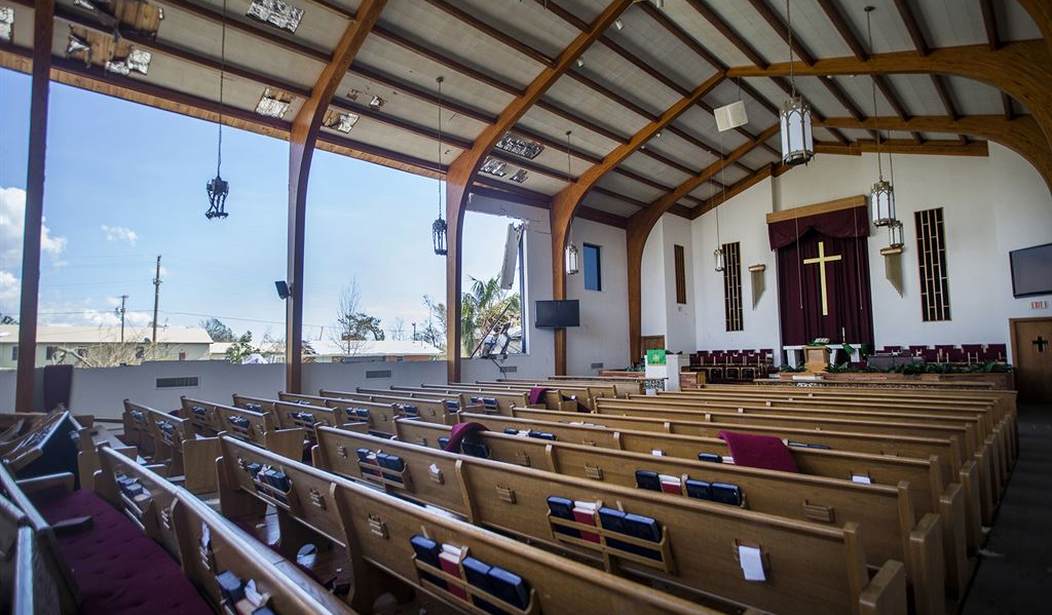
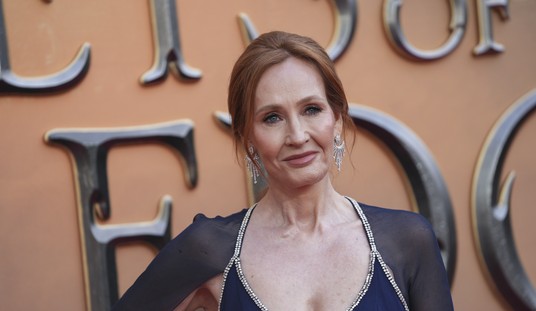


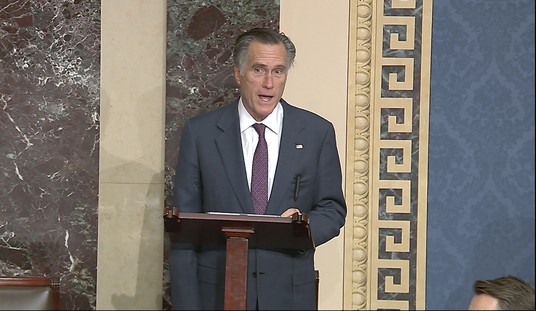
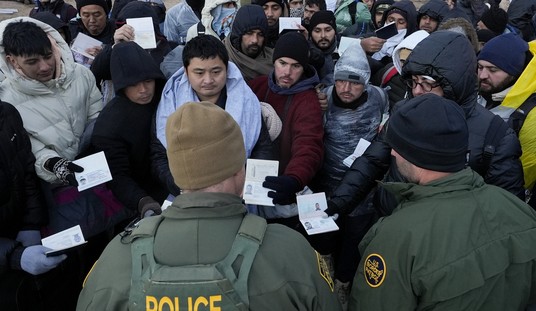
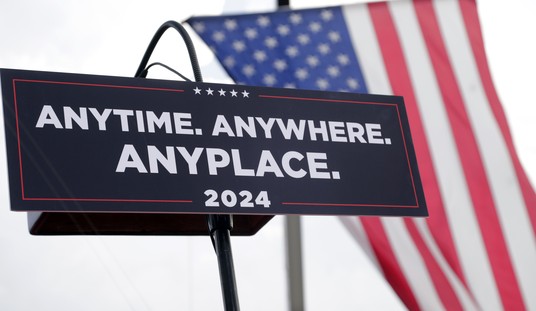
Join the conversation as a VIP Member